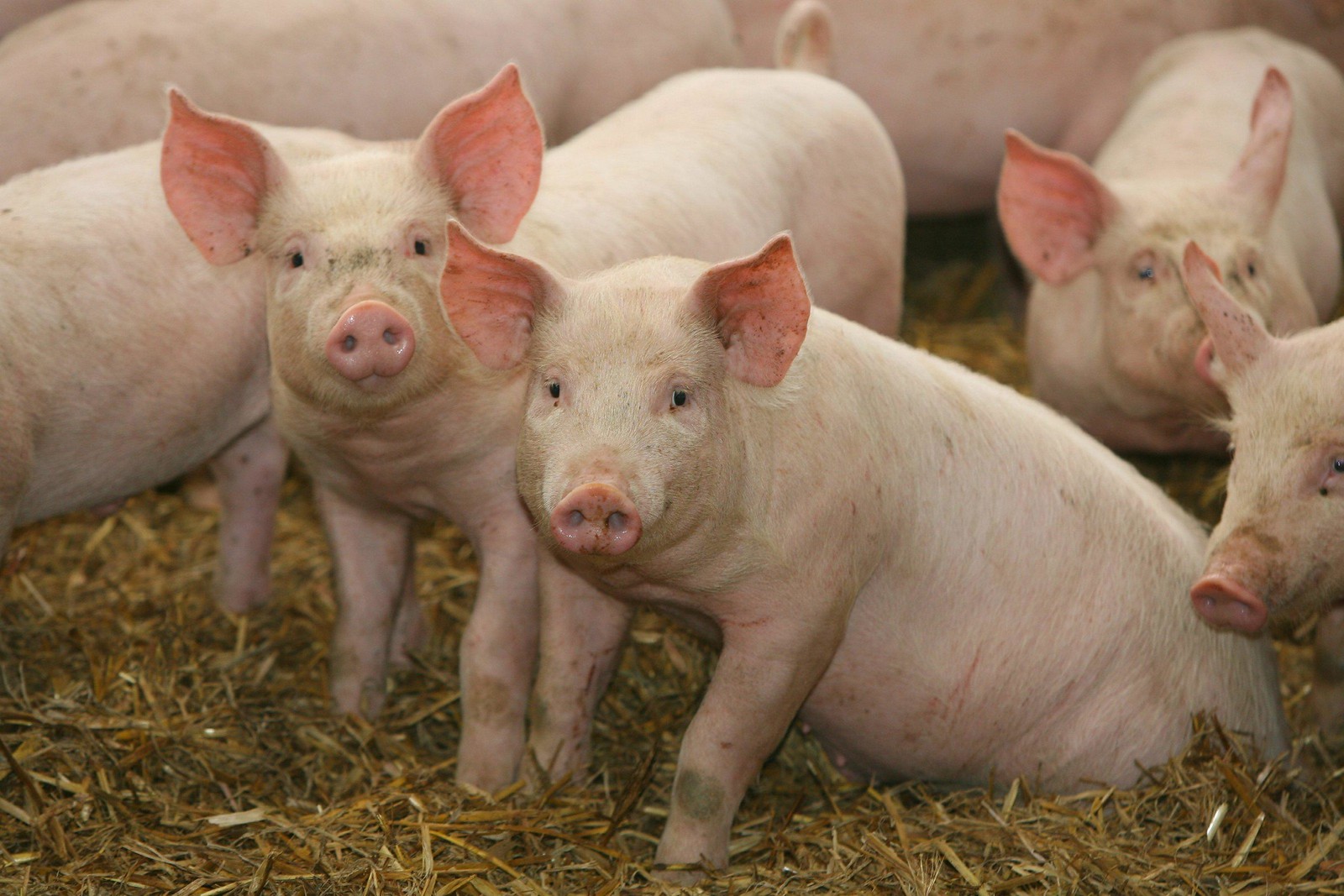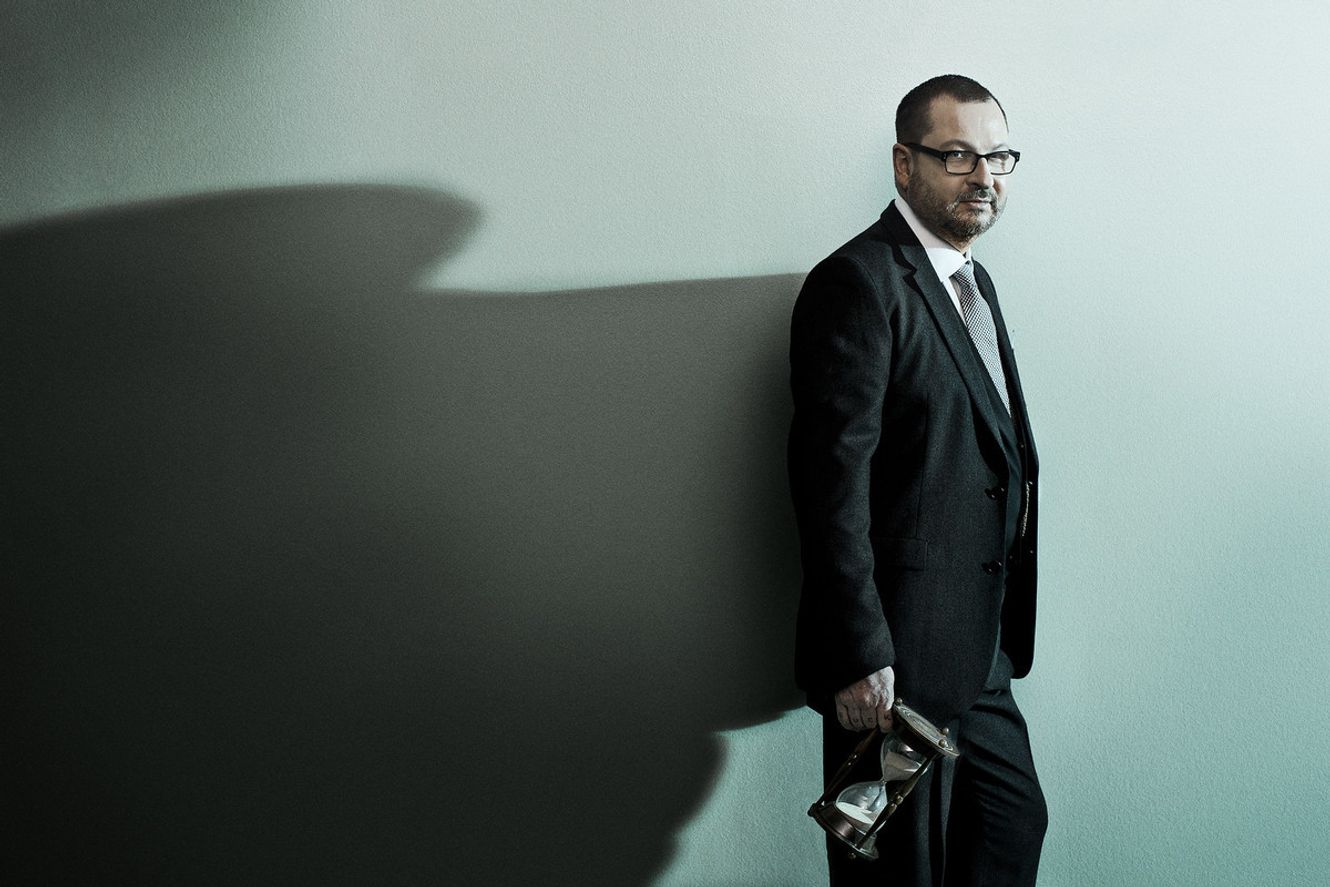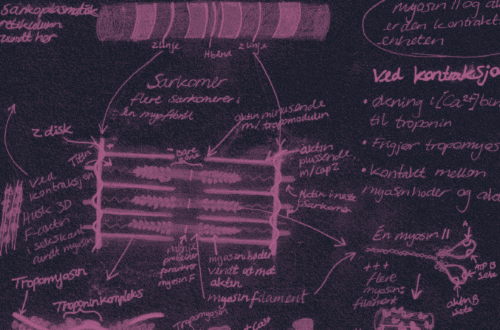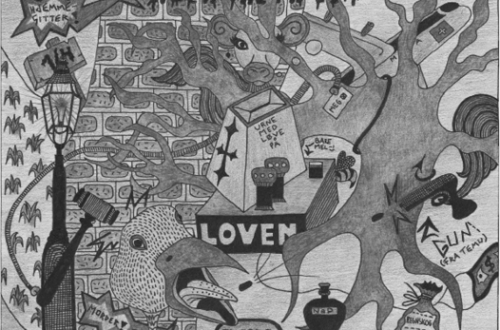tekst: Dennis Lange
Why do we continue to consume masses of meat while climate change is upon us, sea levels are rising, people are fleeing their homes, and we are manoeuvering our way into making the planet inhabitable? Livestock rearing and farm production are major contributors to greenhouse gas emissions, yet we continue to produce masses of meat with no end in sight. In this article I encourage people to start consuming less meat to save our planet, our fellow species, and ourselves. Environmental sustainability is a recurring and quite emotional topic in today’s public discourse. Below, I would like to give you insight into three major reasons why I fully adjusted my consumption towards a plant-based diet, and why I think you should do the same.
First, and most importantly – at least to me , is my perception of our world as a shared space with animals, plants, and people, all inhabiting this planet together. I value the animals in this world as our co-habitants and not necessarily as domesticated products. The great desire and demand for meat can only be realized by factory farming, a system of breeding livestock using highly intensive methods, by which farm animals are kept indoors under inhumane living conditions. I simply cannot deal with the ongoing cruelty in mass farming and the exploitation and killing of animals. Every time I see footage of factory farms with overcrowded barns, in which small chicks are shredded and various diseases spread, I am overwhelmed. I could never kill an animal myself, nor can I stand to watch animals suffer or be killed.
A second reason to shift your diet to plant-based products is the environmental changes produced by the mass production of meat and factory farming. A study by the World Resources Institute from 2017, shows that agriculture is responsible for 11 percent of the global man-made greenhouse gas emissions alone. It is therefore one of the main sources of greenhouse gas emissions after electricity and heat. A piece of steak needs a lot of time and resources to be produced, and the more steps a production needs, the more of an environmental impact it has. Crops need to be planted, then harvested and fed to cows in order to grow their muscles and flesh. Only after killing the cow, processing, and packaging the meat, is it shipped into supermarkets for us to consume. A lot of land, transport, water and time is needed. Climate change is real, and it needs to be tackled immediately; we cannot continue to waste these resources and continue to emit greenhouse gasses at our current rates.
Last, but definitely not least, is the perspective that we must take care of ourselves and our health. Our diets have far-reaching impacts on our lives. While I was still consuming meat on a regular basis, I suffered from high blood pressure which I had to take medication to control. It did not impact my life significantly, but taking medications in the long run was not something that I considered to be healthy. That is why I stopped eating meat and quit my medication, and a few months later my blood pressure was measured once again and it was well within the normal range. Ever since I stopped eating meat, my blood pressure has not changed. This is a lived experience, which to me is personal evidence that my meat-based diet had a negative impact on my health.
I hope these insights into my thoughts and experiences will inspire critical reflections. What do we need in order to see these changes on a larger scale? One important factor is a change of mindset in our society. By creating a better understanding and providing more information about these issues, we can continue to live on this beautiful planet without destroying life as we know it. Making the switch to a plant-based diet is easier than you might think; a great place to start is by reducing your meat consumption, and you do not have to stop all at once. By continuing to learn more about all the great alternatives that a plant-based diet offers, you might soon discover that you can create delicious and nutritious meals without meat. Ultimately, we have to start by valuing our cohabitants and their lives. Please be kind to every kind.
Dennis Lange: (f.1996), studerer antropologi ved Free University Berlin





